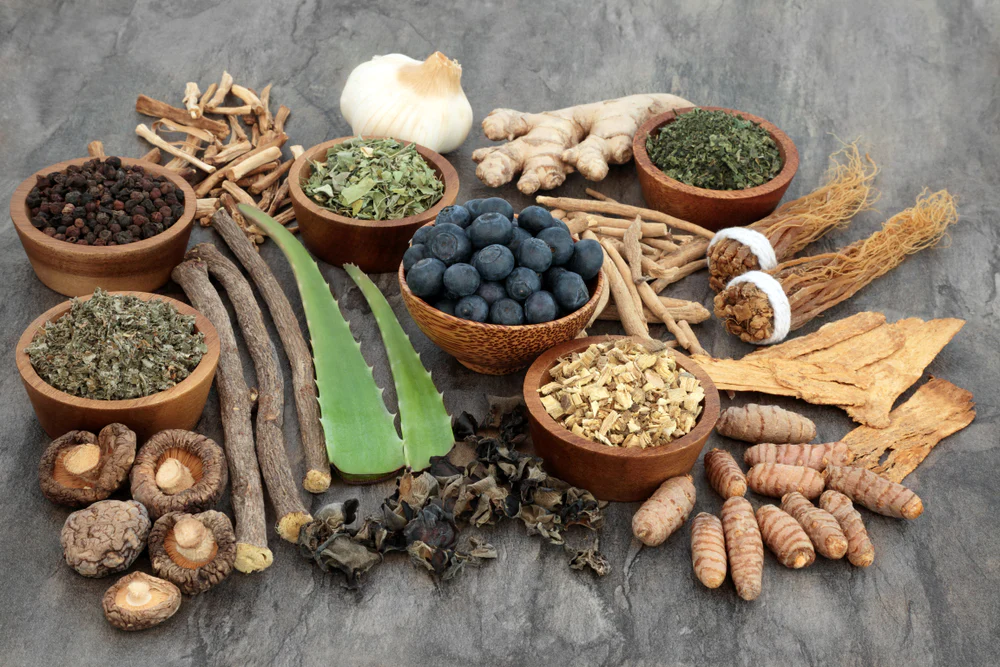Fennel, with its unique licorice-like flavor and aromatic properties, is more than just a flavorful addition to your dishes. This versatile herb, belonging to the carrot family, is packed with a variety of nutrients and health benefits that make it a powerhouse ingredient. Let’s delve into the remarkable health benefits of fennel and why it deserves a spot in your diet.
1. Rich in Nutrients
Fennel is a nutritional powerhouse, loaded with vitamins and minerals. A single cup of fennel contains:
- Vitamin C: A potent antioxidant that supports the immune system, skin health, and wound healing.
- Fiber: Essential for digestive health and maintaining healthy cholesterol levels.
- Potassium: Vital for heart health and regulating blood pressure.
- Folate: Important for DNA synthesis and repair, and vital during pregnancy.
- Vitamin A: Supports vision, immune function, and skin health.
2. Supports Digestive Health
Fennel has been used for centuries to aid digestion. It contains anethole, a compound that can help alleviate bloating, gas, and cramps. Fennel seeds are particularly effective in promoting digestive health by stimulating the production of gastric juices and acting as a natural antacid.
3. Anti-Inflammatory Properties
Fennel’s high antioxidant content, including flavonoids, quercetin, and anethole, provides powerful anti-inflammatory effects. These antioxidants help combat oxidative stress and reduce inflammation, which can lower the risk of chronic diseases such as heart disease and cancer.
4. Boosts Heart Health
The fiber, potassium, and antioxidants in fennel contribute significantly to cardiovascular health. Fiber helps lower cholesterol levels, while potassium helps regulate blood pressure. Additionally, the antioxidants help protect the heart by reducing inflammation and preventing oxidative damage to blood vessels.
5. Enhances Bone Health
Fennel is a good source of calcium, magnesium, and phosphorus, all of which are essential for maintaining strong and healthy bones. Including fennel in your diet can help prevent bone-related disorders such as osteoporosis.
6. Aids Weight Management
Low in calories and high in fiber, fennel is an excellent addition to a weight management plan. The fiber content helps you feel full for longer, reducing overall calorie intake and aiding in weight loss efforts.
7. Improves Skin Health
Thanks to its high vitamin C content, fennel can improve skin health by promoting collagen production and protecting the skin from damage caused by free radicals. This can result in a brighter, more youthful complexion.
8. Balances Hormones
Fennel contains phytoestrogens, which are plant-based compounds that mimic the action of estrogen. These can be particularly beneficial for women experiencing menopause, as they may help alleviate symptoms such as hot flashes and hormonal imbalances.
How to Incorporate Fennel into Your Diet
- Raw: Add thinly sliced fennel to salads for a crunchy texture and a burst of flavor.
- Cooked: Roast or sauté fennel as a side dish or add it to soups and stews for added depth and aroma.
- Seeds: Use fennel seeds as a spice in cooking or chew them after meals to aid digestion.
In conclusion, fennel is not only a flavorful herb but also a nutritious and medicinal plant that offers a plethora of health benefits. Incorporating fennel into your diet can support overall health and well-being, making it a valuable addition to your kitchen. So next time you’re at the grocery store, don’t forget to pick up some fennel and enjoy its many benefits!



